Fred Ramsdell, Ph.D.
Scientific Advisor
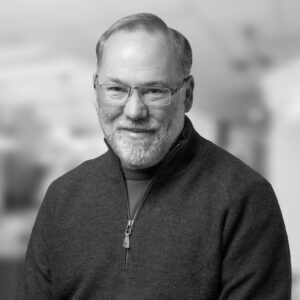
Scientific Advisor
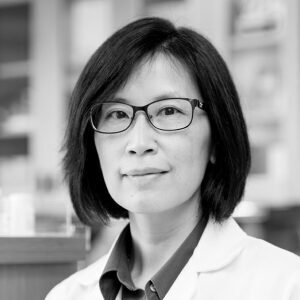
Scientific Advisor
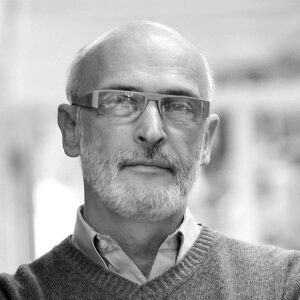
Scientific Advisor
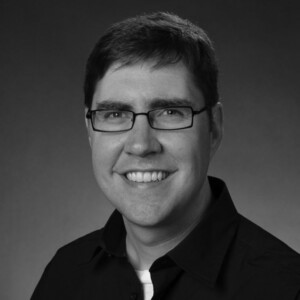
Scientific Advisor
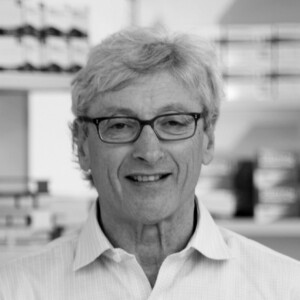
Scientific Advisor
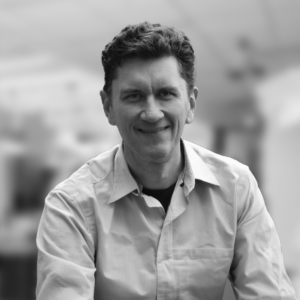
Chief Scientific Officer
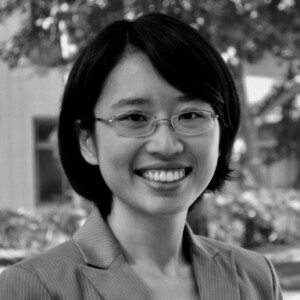
Scientific Advisor
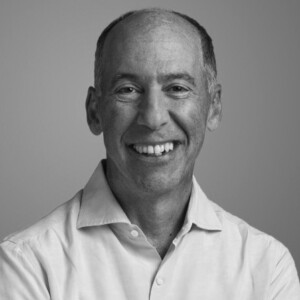
Scientific Advisor
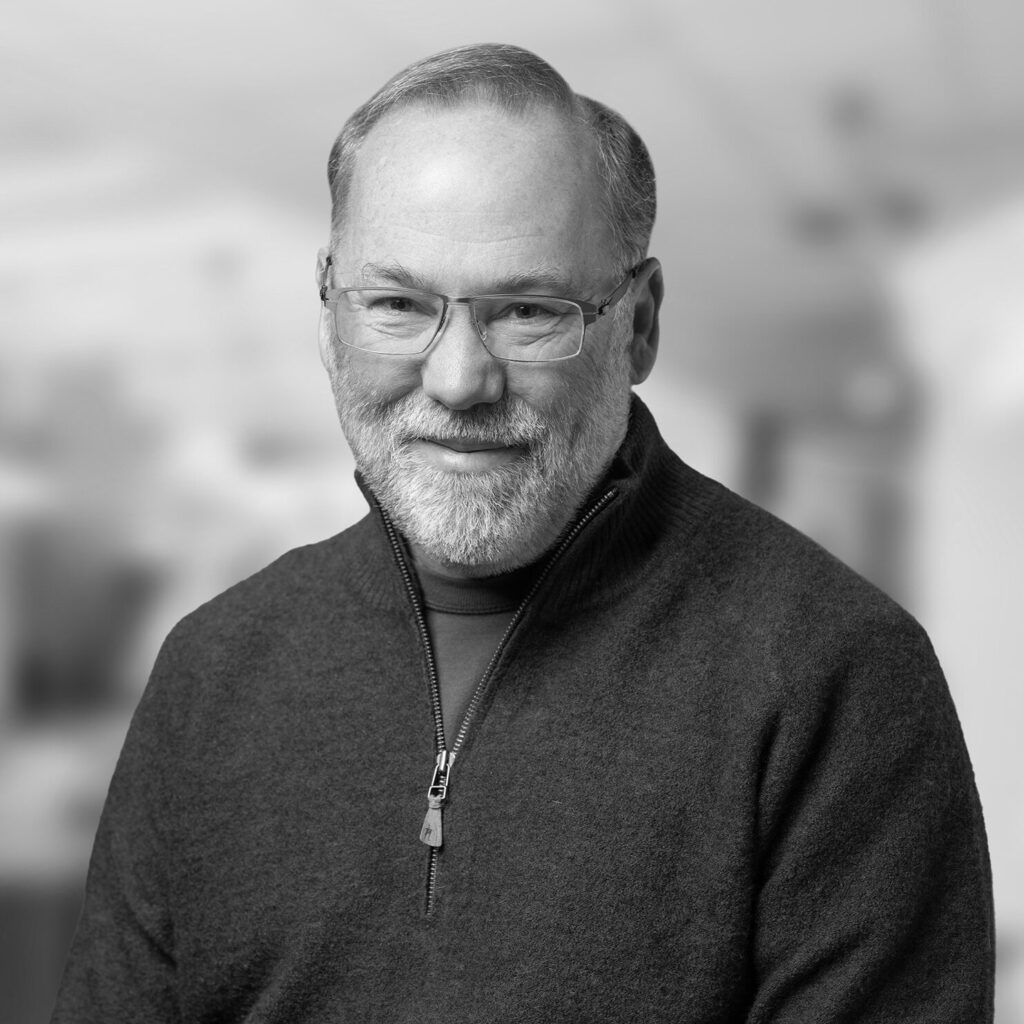
Fred Ramsdell, Ph.D., is a veteran biotechnology leader in immunology with nearly three decades of experience. Fred is a founder of Sonoma and serves at the Chief Scientific Officer. Immediately prior to Sonoma, Fred was the CSO at the Parker Institute for Cancer Immunotherapy (PICI) where he helped to build and advance multiple research programs from the inception of the Institute.
After a fellowship at the NIH, Fred joined Immunex studying T cell activation and tolerance, with a focus on gene discovery and functional characterization. He later joined Darwin Molecular (which was later acquired by Celltech R&D) to establish the immunology program. Amongst other programs, he led the team that discovered and characterized FoxP3, a gene critical to the function of regulatory T cells. Fred joined ZymoGenetics in 2004, where he led teams studying novel proteins with potential regulatory activity in lymphoid cells. In 2008, Novo Nordisk brought Dr. Ramsdell on to help establish the company’s new Inflammation Research Center in Seattle and lead the Immunobiology group.
He earned his doctoral degree in microbiology and immunology from the University of California, Los Angeles and holds a bachelor’s degree in biochemistry and cell biology from the University of California, San Diego.
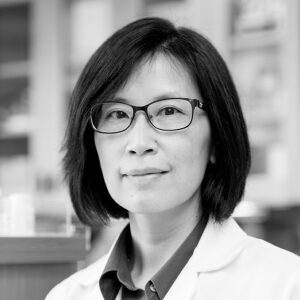
Dr. Tang received her bachelor’s degree at Peking Union Medical College in China. She completed her graduate education in the US, getting her master’s degree from the University of South Alabama and her Ph.D. from the University of Illinois at Chicago. She completed post-doctoral fellowships at the University of Illinois at Chicago and under renowned immunologist Dr. Jeffrey Bluestone at the University of Chicago and the University of California, San Francisco.
Dr. Tang joined the staff at the University of California, San Francisco in 2002 as an Assistant Professor of Pathology in the Diabetes Center where she focused on immune tolerance. She joined the transplantation department in 2007 to lead basic research on transplant immunology. She now focuses on regulatory T cell biology. She is one of the first to grow regulatory T cells and apply these cells in experimental therapy.
In addition to Dr. Tang’s research duties, she has presented several national lectures. She has also published dozens of articles in the field of immunology.
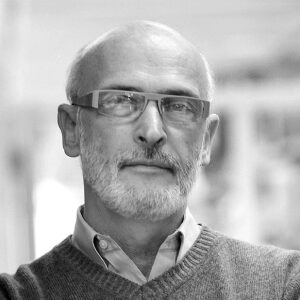
Alexander Rudensky, Ph.D., an immunologist at Memorial Sloan Kettering Cancer Center, is co-discoverer of the transcription factor FoxP3 that is essential for Treg identification and function.
Early in his career, Dr. Rudensky pursued biochemistry at Moscow’s Second Medical School, studying the interplay between the immune system’s main actors: T cells and B cells. Following postdoctoral work at Yale, he accepted a professorship at the University of Washington, where his focus turned to the molecular underpinnings of T cell development. Rudensky became particularly interested in regulatory T cells, or Tregs, thought to play a role in suppressing unwanted immune responses. The molecular identity and role of Tregs had puzzled researchers for decades, but Rudensky and his team helped solve it by discovering that the gene switch FOXP3 controls their formation.
Much of Rudensky’s career unfolded at Memorial Sloan-Kettering in New York City. Notably, he found that placental mammals form cohort of “peripheral” Tregs, and that during pregnancy, these Tregs prevent the maternal immune system from attacking the fetus, effectively linking peripheral Treg deficiency to miscarriages. Rudensky also discovered that fatty acids in the gut boost the formation of peripheral Tregs, which in turn help ward off inflammatory gut disorders, and that Tregs secrete a signaling molecule that mediates tissue repair and maintenance, establishing a central role for them in inflammation and allergies.
More recently, Rudensky and his colleagues have explored how Tregs influence cancer progression. Clinical trials involving Tregs in transplantation and autoimmune diseases are underway, and the coming years are poised to bring promising leads for cancer treatment.
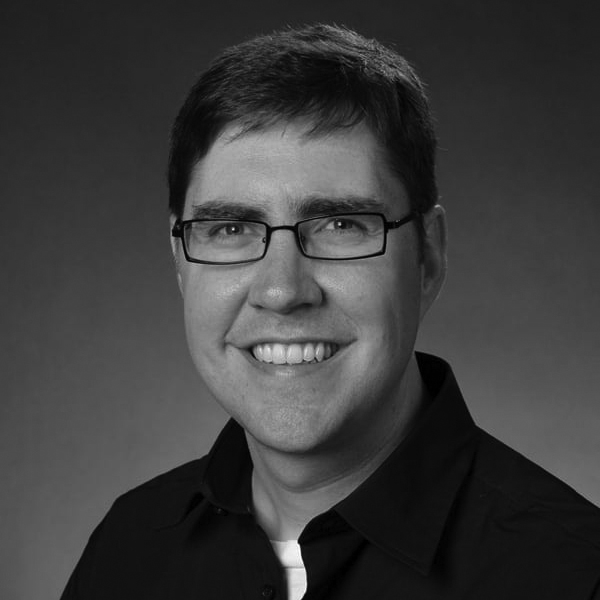
Daniel Campbell, Ph.D., is a Member and Director of the Center for Fundamental Immunology at the Benaroya Research Institute where he studies the molecular control of regulatory T cell development, persistence and activity. Additionally, Dr. Campbell is an Affiliate Professor in the Department of Immunology at the University of Washington School of Medicine.
Dr. Campbell’s research focuses on understanding the mechanisms that regulate immune responses during autoimmunity and infection. Dr. Campbell’s lab specifically studies how regulatory T cells restrain immune responses, and how this has beneficial effects in preventing autoimmunity but can also promote chronic infection with pathogens. Dr. Campbell’s lab also focuses on developing new ways to manipulate regulatory T cells therapeutically to treat immune-mediated diseases.
Dr. Campbell has served on numerous NIH Study Sections, and is an active member of the American Association of Immunologists, where he has served as a member of the meeting program committee and is the current chair of the Publications Committee. Prior to joining the Benaroya Research Institute, Dr. Campbell received a B.S. in Chemistry from the University of Michigan, a Ph.D. in Immunology the Department of Molecular and Cell Biology at the University of California, Berkeley, and completed his postdoctoral fellowship at Stanford University in the Department of Pathology.
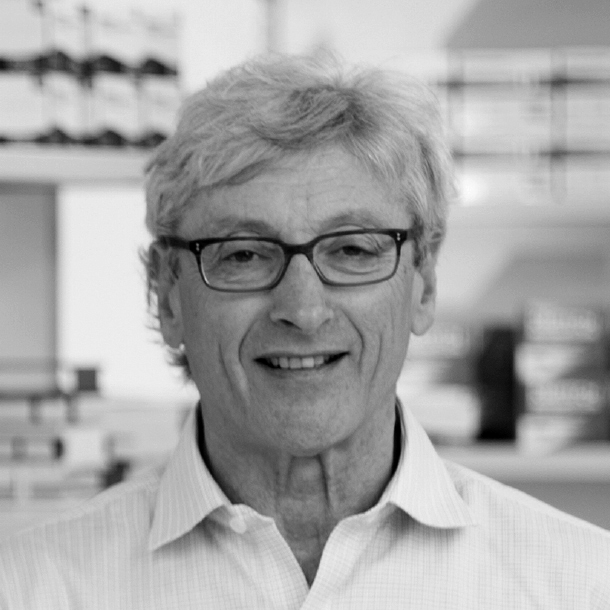
Dan Littman is a Howard Hughes Medical Institute Investigator, Helen L. and Martin S. Kimmel Professor of Molecular Immunology and Professor of cell biology and pathology at the New York University (NYU) School of Medicine. His groundbreaking discoveries in virology and immunology include molecular mechanisms of immune cells that mediate autoimmunity and the role of gut microbiota in T-cell differentiation. Dr. Littman is a Fellow of the American Academy of Arts and Sciences and is a Member of the National Academy of Sciences and National Academy of Medicine. He was awarded the 2004 New York City Mayor’s Award for Excellence in Science and Technology and the 2016 Vilcek Prize in Biomedical Science.
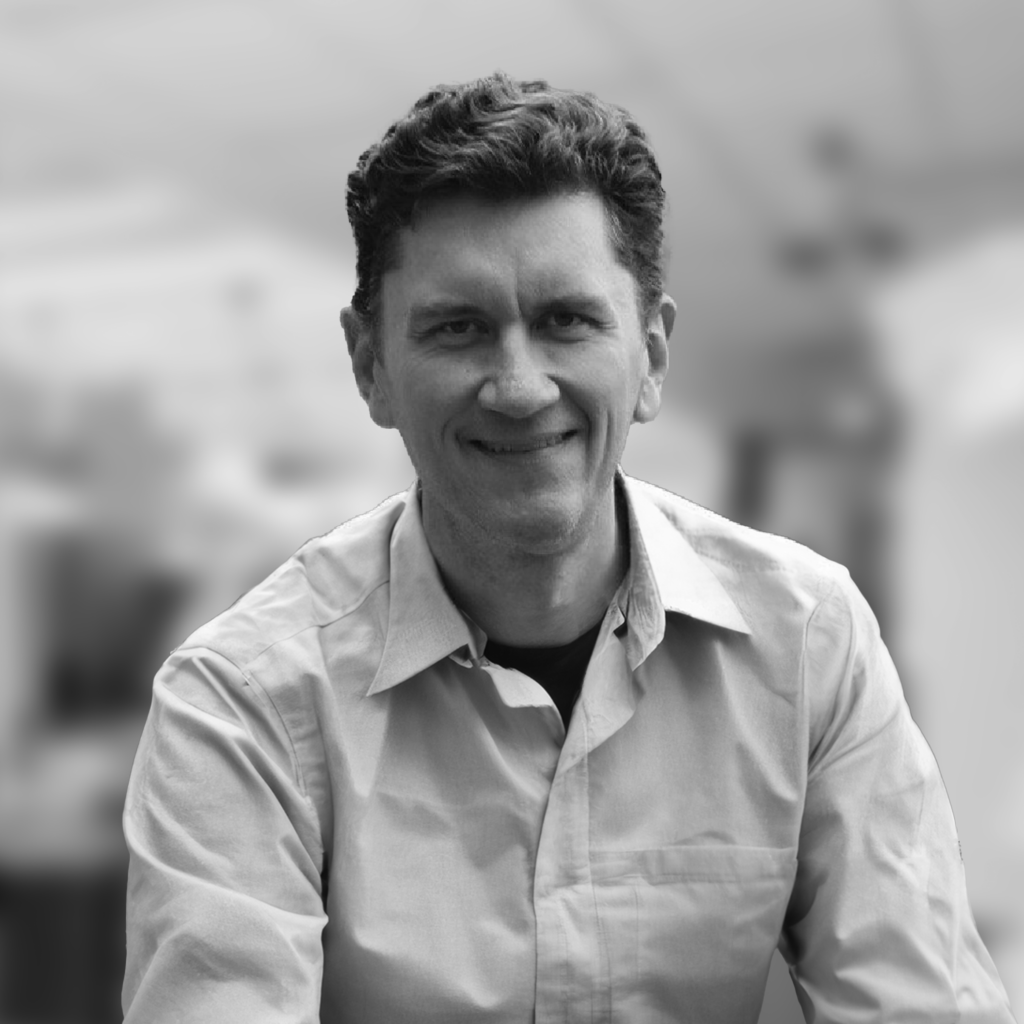
Joseph R. Arron, M.D., Ph.D., has extensive experience in drug and biomarker discovery and development. Previously, he served as the Chief Scientific Officer for Therapeutics at 23andMe, a genetics-driven consumer healthcare and biopharmaceutical company, where he managed a portfolio of more than 25 therapeutic programs, and developed and implemented comprehensive target discovery, translational research, and therapeutic candidate discovery strategies across multiple therapeutic areas. Prior to 23andMe, Dr. Arron was a Scientist at Genentech for over 15 years, and led target discovery, preclinical development and translational research for inflammatory, autoimmune, fibrotic and ophthalmic disorders as Vice President of Immunology Research. Dr. Arron has published more than 100 original articles. In addition to his role as Chief Scientific Officer, he serves as a member of Sonoma Bio’s Scientific Advisory Board.
Dr. Arron earned his Ph.D. in immunology from The Rockefeller University, his M.D. from Weill Medical College of Cornell University and an A.B. in chemistry from Princeton University. He conducted postdoctoral research in developmental biology at Stanford University School of Medicine.
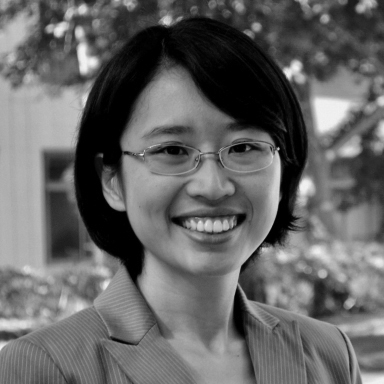
Yvonne Chen, Ph.D., is an Associate Professor of Microbiology, Immunology & Molecular Genetics at the University of California Los Angeles. Dr. Chen is also a Member Researcher of the Parker Institute for Cancer Immunotherapy, Member of the Broad Stem Cell Research Center, and Co-Director of Tumor Immunology Program of the Jonsson Comprehensive Cancer Center.
Dr. Chen’s lab is focused on applying synthetic biology and biomolecular engineering techniques to develop robust cell-based therapies. They are specifically interested in engineering multi-functional T cells that can identify and effectively eliminate tumor cells partly by overcoming the various defense mechanisms associated with cancer and their microenvironments.
Prior to joining UCLA, Dr. Chen was a Junior Fellow in the Harvard Society of Fellows and conducted postdoctoral research at the Seattle Children’s Research Institute and the Department of Systems Biology at Harvard Medical School. The Chen lab’s work on engineering next-generation T-cell therapies for cancer has been recognized by the NIH Director’s Early Independence Award, the NSF CAREER Award, the Hellman Fellowship, the ACGT Young Investigator Award in Cell and Gene Therapy for Cancer, the Mark Foundation Emerging Leader Award, and the Cancer Research Institute Lloyd J. Old STAR Award.
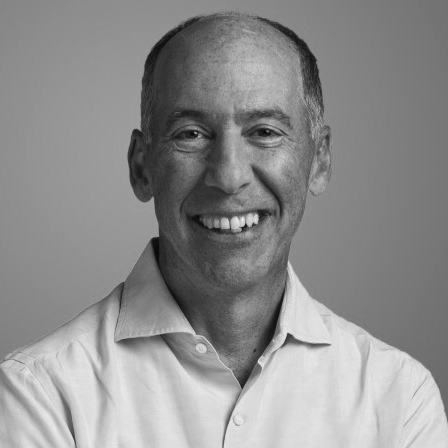
Dr. Turka received his MD degree from the Yale University School of Medicine, and trained in Internal Medicine at Yale-New Haven Hospital. Dr. Turka was a renal fellow at the Brigham and Women’s Hospital, and then joined the faculty of the University of Michigan. In 1994 Dr. Turka joined the faculty of the University of Pennsylvania, where he was the C. Mahlon Kline Professor of Medicine and Chief of the Renal Division. In 2009 Dr. Turka moved to Boston and was at the Massachusetts General Hospital, where he was Co-Director of the Center for Transplantation Sciences, and the Harold and Ellen Danser Professor of Surgery at Harvard Medical School. In 2018, Dr. Turka moved to biotech, as the Chief Scientific Officer and Co-Founder of Rheos Medicines and subsequently the Chief Scientific Office and Head of Translational Medicine at Rubius Therapeutics.
Among the notable discoveries of Dr. Turka’s laboratory were novel approaches to transplantation tolerance, the role of Toll-like receptors in T-cells, and pathways required for the maintenance of regulatory T-cell function. He was also an early contributor to the field of T cell costimulation including work that help lead to the development of abatacept and belatacept for the treatment of rheumatoid arthritis and renal transplantation. Dr. Turka has served as President of the American Society of Transplantation, Chair of the NIAID Board of Scientific Counselors, Editor in Chief of The Journal of Clinical Investigation, and Deputy Director of the Immune Tolerance Network. He was elected to membership in the American Society for Clinical Investigation in 1995, and the Association of American Physicians in 2003.